Sometimes when I'm writing experimental code in Mathematica, I'm wary as to whether I should evaluate it or not because it may end up bringing my system to it's knees.
As a contrived example if you try running the following snippet of code on a 64-bit machine, it will most likely cause your system to grind to a complete halt after it eats up all your memory.
junk = Table[{x, x}, {10^9}]; (* nom nom nom memory. Please don't run this. *)
Sure, you can just throw MemoryConstrained onto it and hope for the best, but sometimes you don't want it blocking any further input. To that end, the way I thought it might be best to achieve a middle ground was to perform the evaluation in a separate kernel.
That was decently easy enough to do:
ClearAll[GetAvailableKernel];
GetAvailableKernel[] := Block[{i, kernels},
kernels = Kernels[];
If[Length@kernels != 0,
For[i = 1, i <= Length@kernels, i++,
If[kernels[[i, 1, 2]] > 0, Return@kernels[[i]]]
]
];
LaunchKernels[1]]
ClearAll[SafeEvaluate];
SetAttributes[SafeEvaluate, HoldFirst];
Options[SafeEvaluate] = {"EvaluationKernel" -> Null,
"ConstrainMemory" -> True, "MaxMemory" -> 2 1024^3};
SafeEvaluate[expr_, OptionsPattern[]] := Block[{evalkernel, result},
If[OptionValue["EvaluationKernel"] != Null,
evalkernel = OptionValue["EvaluationKernel"],
evalkernel = GetAvailableKernel[]
];
result = If[OptionValue["ConstrainMemory"],
With[{memory = OptionValue["MaxMemory"]},
ParallelEvaluate[MemoryConstrained[expr, memory], evalkernel]],
ParallelEvaluate[expr, evalkernel]];
result]
Then you could just go ahead and do something along the lines of:
SafeEvaluate[Table[{x, x}, {1024^3}]]
And Mathematica would gracefully return $Aborted telling you it ran out of memory. By evaluating in a separate kernel, we can sandbox code into it's own parallel kernel. If something goes wrong, then our main kernel isn't affected.
This brings me to my main point: How can I achieve asynchronous evaluation within Mathematica?
What I have right now works, but it completely blocks any further user input. I can't just set, forget, and check later.
Any thoughts?


